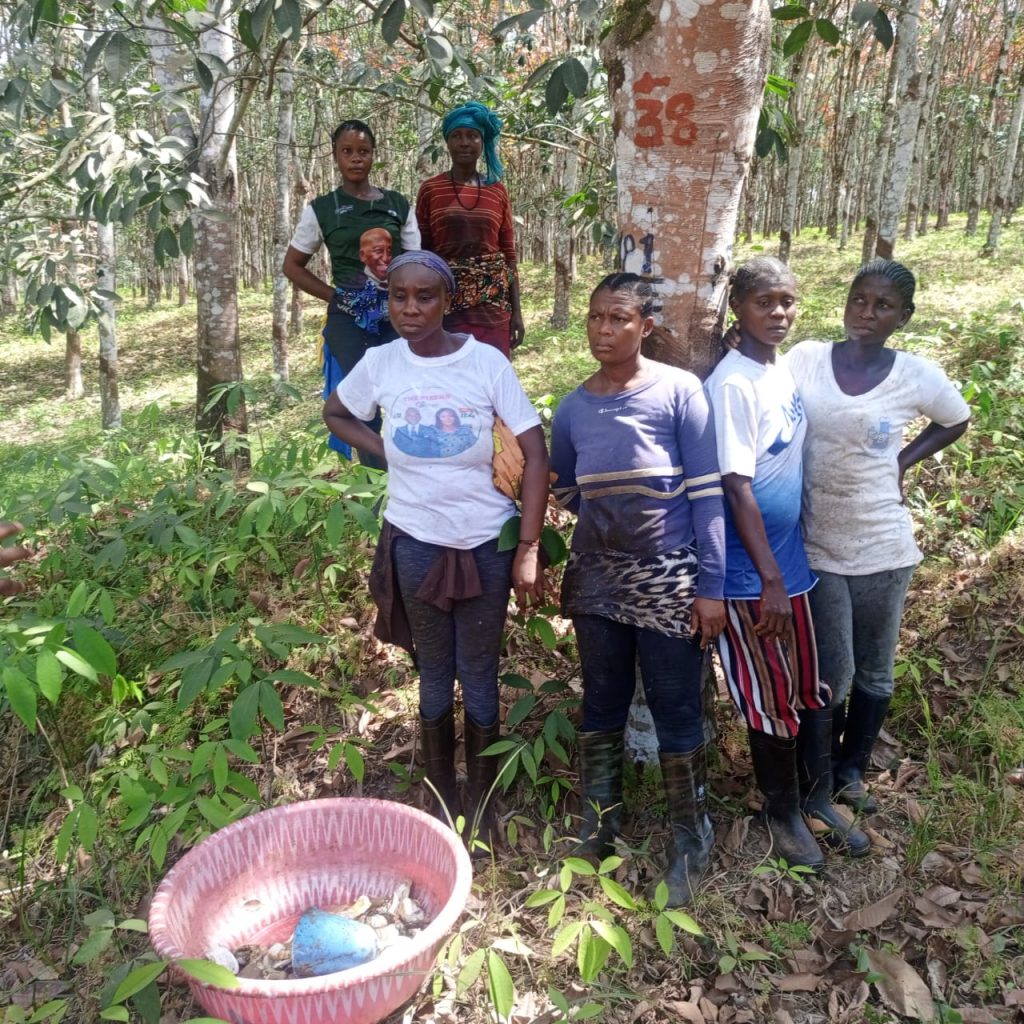The Salala Rubber Corporation (SRC), Liberia’s third-largest rubber producer, experienced a dramatic transformation following a tumultuous period marked by worker protests and accusations of exploitative labor practices. Prior to the acquisition by Indian businessman Dr. Upjit Sinch Sachdeva, known as Mr. Jeety, the company faced severe criticism for its substandard worker housing, inadequate medical facilities, low wages, and a system of exploitative loans orchestrated by some Liberian managers. A culture of silence within the local community of Weala, where SRC operates, allowed a system of modern-day servitude to thrive, with tapping school students forced to work on private farms for the benefit of their supervisors, often without pay, under the guise of internships. This exploitative system, coupled with the dismal living and working conditions, culminated in violent protests that forced the shutdown of the company in July of the previous year.
Mr. Jeety’s acquisition of SRC marked a turning point for the company and its workforce. His leadership has ushered in a period of significant improvements across various aspects of the company’s operations, addressing many of the long-standing grievances that fueled the worker unrest. One of the most notable changes has been the revitalization of the SRC-Jeety Conglomerate Health Center. Previously non-operational, the clinic has been refurbished and now offers 24/7 services, including emergency care, deliveries, and outpatient services, free of charge to employees and their dependents. Delivery fees, previously a substantial financial burden, have been drastically reduced, and the clinic also provides free treatment for prevalent diseases like malaria, HIV, and syphilis. The increased patient intake is a testament to the growing trust in the revitalized healthcare facility.
Working conditions and pay have also seen significant improvements under the new management. Workers, including tappers and cup cleaners, have reported substantial pay raises, along with additional benefits like rice allowances and Christmas bonuses. These improvements have brought a sense of financial stability and improved morale among the workforce. The new management has also prioritized addressing the housing crisis, initiating renovations of existing units and promising the construction of new ones. While the housing shortage remains a concern, the proactive approach and commitment to improvement have instilled hope among the workers. Furthermore, the exploitative loan system prevalent under the previous management has been restructured, eliminating predatory interest rates and promoting fairness and transparency.
Despite the positive changes, challenges remain. The housing shortage persists, with many workers still living in dilapidated units built decades ago. While renovations and new construction are underway, the demand for adequate housing still outstrips supply. Some workers have also voiced concerns about the level of bonuses, hoping for further increases to maintain high morale. Addressing these remaining issues will be crucial for sustaining the positive momentum and ensuring long-term worker satisfaction.
Beyond improving working conditions and pay, Mr. Jeety has also invested significantly in the SRC School System (SRCSS). The school, which serves both SRC employees and the surrounding community, has undergone extensive renovations, including repairs to the roof, floors, and staff housing. A feeding program has been implemented to improve student nutrition, and scholarships are being offered to high-achieving students. Additionally, Mr. Jeety has pledged to introduce night classes to accommodate working employees who wish to continue their education. These initiatives demonstrate a commitment to not only the well-being of the workforce but also to the broader community’s development.
In conclusion, the transformation of the Salala Rubber Corporation under Mr. Jeety’s leadership represents a remarkable turnaround. From a state of turmoil and worker exploitation, the company has embarked on a path of improvement, prioritizing the well-being of its workforce and the surrounding community. The improvements in healthcare, working conditions, pay, and education are tangible signs of this positive change. While challenges remain, particularly in addressing the housing shortage, the commitment to continuous improvement and the positive impact on the lives of the workers signify a promising future for SRC and the community it serves. The ongoing efforts to address the remaining issues, coupled with the significant progress already made, paint a picture of a company moving towards a more sustainable and equitable future.


